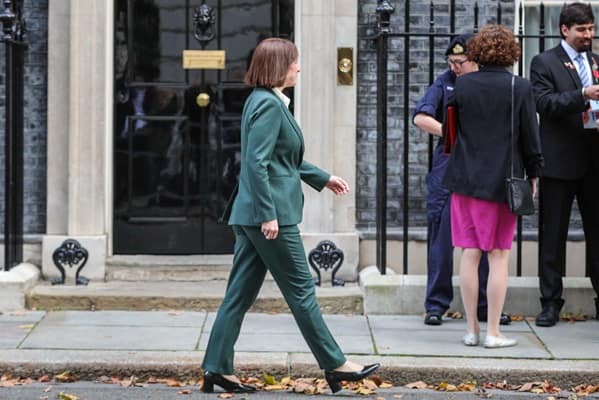The UK Chancellor’s Spending Review is setting the stage for a fresh wave of tax rises in the Autumn Budget, and it will only accelerate the number of high-net-worth individuals and wealth generators fleeing Britain for lower-tax jurisdictions, warns the CEO of one of the world’s largest independent financial advisory and asset management organisations.
In today’s Spending Review, Rachel Reeves unveiled major increases in public funding – from £14.2bn for nuclear infrastructure and £15.6bn in regional transport, to expanding free school meals and restoring winter fuel payments.
The government is also committing to raise defence spending from 2.3% to 2.5% of GDP by 2027-28, with suggestions it could eventually rise to 3%.
At the same time, ministers are talking up “big increases” in capital investment for schools, hospitals and roads.
But there’s a glaring hole in the funding plan: how it will all be paid for.
Nigel Green, CEO of deVere Group, said, “Reeves is spending money she hasn’t got — and the tax reckoning will come this autumn.
“There’s simply no other path. The UK is already heavily taxed, growth is flat, borrowing costs are high, and the global appetite for gilts is thinning. The Autumn Budget is where the axe will fall.”
deVere warns that the likely outcome will be deeper raids on wealth, and a further erosion of incentives for those who create jobs, invest capital, and drive innovation in the UK economy.
Nigel Green continues: “Every signal from this Spending Review points to the UK tightening the screws on its most mobile, economically productive residents. And they’re already voting with their feet.”
Official data backs this up. According to HMRC, net emigration among higher earners has reached its highest level since 2008.
Meanwhile, the OECD places the UK’s overall tax burden among the heaviest in the G7 — well above the average, and climbing.
deVere’s own research shows a 28% year-on-year increase in the number of clients actively exploring international relocation, asset restructuring, or cross-border pension strategies — with demand peaking in the weeks leading up to major fiscal events.
“Professionals, entrepreneurs, retirees with international ties — they’re all increasingly looking for stability, growth and tax efficiency elsewhere,” says Nigel Green.
“And many aren’t waiting to see what happens in the Autumn. They’re preparing now.”
Recent policy shifts have deepened the sense of unease. The freezing of tax thresholds, rising capital taxes, pension uncertainty, and hints at inheritance reforms have compounded what many already see as a hostile tax climate for wealth and success.
“Britain has become a place where ambition is penalised and prudence is punished. That’s the message people are hearing — and it’s resonating far beyond London.”
deVere highlights destinations such as the UAE, Portugal, Singapore and parts of southern Europe as key relocation hotspots for British nationals seeking more predictable, lower-tax environments.
Nigel Green warns that the broader economic fallout of an exodus should not be underestimated.
“We’re not just talking about individuals leaving — we’re talking about capital flight, lost business investment, and declining competitiveness. When the wealth creators walk, the damage echoes across generations.”
His advice to those considering a move?
“Don’t wait for the Autumn Budget to confirm what’s already becoming clear to many observers. Structure your assets efficiently. Make informed decisions before changes become law, not after.”
He concludes: “The Chancellor can’t spend at this scale without consequences. More tax is coming — and those with the means to protect themselves are already acting.
“The UK is on the verge of losing its position as a destination for enterprise and success. Unless that changes, the outflow will only grow.”








